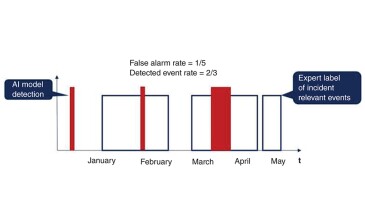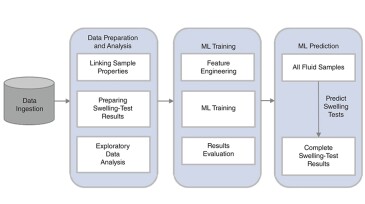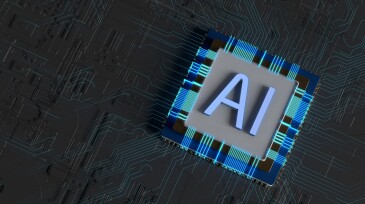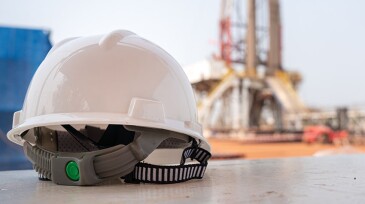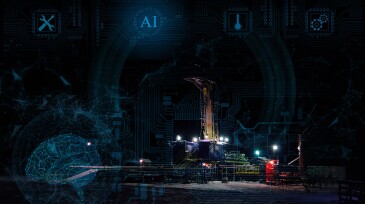AI/machine learning
This paper introduces an agentic artificial-intelligence framework designed for offshore production surveillance and intervention.
In the past year, publications on CO2, natural gas, and hydrogen storage have increasingly focused on the design, evaluation, and optimization of storage plans. These efforts encompass a broad spectrum of challenges and innovations, including the expansion of storage reservoirs from depleted gas fields and saline aquifers to stratified carbonate formations and heavy-o…
Reaching further than dashboards and data lakes, the agentic oil field envisions artificial intelligence systems that reason, act, and optimize.
-
This paper presents the proof of concept of artificial-intelligence-based well-integrity monitoring for gas lift, natural flow, and water-injector wells.
-
The authors of this paper present a machine-learning-based solution that predicts pertinent gas-injection studies from known fluid properties such as fluid composition and black-oil properties.
-
The authors of this paper describe a project aimed at automating the task of cuttings descriptions with machine-learning and artificial-intelligence techniques, in terms of both lithology identification and quantitative estimation of lithology abundances.
-
Finding and producing crude and natural gas is far, far removed from the days of acting on a geologist’s hunch or a wildcatter’s gut feeling.
-
It is imperative for energy companies to assess potential legal ramifications of integrating artificial intelligence into their operations.
-
Few oil and gas companies give data science projects the better part of a decade to prove out, but that’s just what this one did.
-
The company has announced that it will be expanding the use of generative AI to assist its employees.
-
The oil and gas industry is embracing digital technology not just as a differentiator but as an enabler of innovation. The simple reality is that, if one doesn’t, they risk being out of the game.
-
AIQ, ADNOC, and SLB announced a new software suite that integrates artificial intelligence into reservoir analysis and field development projects.
-
Declining costs to launch monitoring satellites, as well as artificial intelligence, which makes parsing terabytes of emissions data feasible, have given the oil and gas industry an emerging tool for environmental stewardship.




